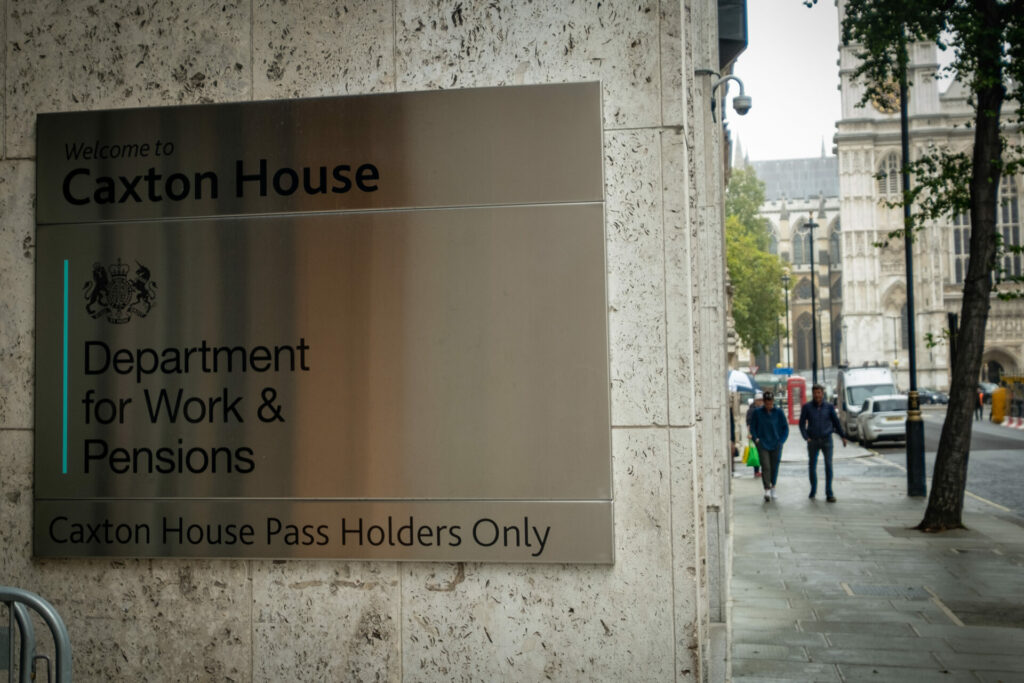Thames Valley Police has been urged to rebuild trust and heal divisions in its workforce after losing a Race Discrimination Employment Tribunal.
An independent review found the tribunal loss had a significant impact on leadership, trust, transparency, and consistency in the force’s approach to equality.
The review, commissioned by police and crime commissioner Mathew Barber and conducted by Kerrin Wilson QPM, found that Thames Valley Police had a long-standing commitment to equality, recognised nationally when it was named runner up at the National Equality and Diversity Awards in 2024.
It concluded that no misconduct by individuals involved in the tribunal warranted further scrutiny but identified mistakes that, if avoided, could have changed the course of action or strengthened positive action initiatives.
The posting of an inspector, who had been anonymised as Inspector S, was at the centre of the case.
The inspector, who had passed a promotion process but had not yet taken up a new role, was assigned to a detective inspector position.
The review found that the Positive Action Progression Programme intended to support officers from ethnic minority backgrounds was poorly designed, lacked consultation, and was not transparent, leading to perceptions of positive discrimination rather than positive action.
No Equality Impact Assessment was carried out, and the legal advice obtained came from a generalist rather than a specialist in employment law.
The review found the force exhibited optimism bias during the tribunal process, and the evidence presented was not as full as it could have been.
Communications after the tribunal loss, while factually accurate, lacked empathy and contributed to the hurt felt across the organisation.
Although there were grounds for appeal, the force decided against it due to cost, the likely outcome, and the potential impact on individuals.
Opportunities for early dispute resolution were missed, and welfare support for staff involved was inadequate.
The review also identified wider issues in the force’s approach to equality, diversity and inclusion.
Diversity strands were treated separately, and strategic direction was lacking.
The management of disability issues was fragmented, with tactical actions taken without holistic insight.
Training for middle managers on equality legislation, dispute resolution, and employment tribunals was inadequate.
The equity training programme also lacked a clear plan to assess its effectiveness and risked creating divisions if poorly delivered.
Recruitment and grievance processes lacked central oversight, preventing the force from identifying patterns of unfairness.
The review found that positive action measures taken by Thames Valley Police were not supported by national guidance or case law and should have been developed with a more robust approach.
Reactions:
Chief constable Jason Hogg:
“The review’s findings and recommendations will help guide our next steps as we work together to foster an environment where all our people feel valued and supported.
“Thames Valley Police takes these recommendations seriously and will use them as it seeks to improve.
“I am also pleased that the report recognises that Thames Valley Police is an organisation that has ‘wonderful people with passion and ways of working that deliver excellent policing for its communities’ and that the force is effective in tackling crime and supporting those most vulnerable.”
Kerrin Wilson QPM:
“This review marks an important point in time for the force to look at how it operates in the complex world of creating a fairer police force for all, giving opportunity to those who would otherwise be disadvantaged without creating additional barriers of unfairness to the majority population of Thames Valley Police.”
PCC Matthew Barber:
“Thames Valley Police was found to be wrong when making an appointment for a posting in the priority crime team and I wanted to properly understand what happened and how this case fitted in with their general approach to diversity, equality and inclusion in the force.
“The findings show that mistakes were made and that there was a lack of consistency, information and inclusion in the way policies were applied, leaving parts of the organisation feeling left out and overlooked.
“Due regard should be given to all staff.
“A wide range of recommendations focuses on key areas of central oversight, training, better alignment with relevant bodies, internal communications, internal recruitment and career advancement programmes.
“These, if implemented, will go a long way to address the issues identified.”

















